We Know All About Worms And Composting
All about worm composting. Find out which methods, which species are right for you. We can help you with all your questions.
Featured Categories
Latest Posts
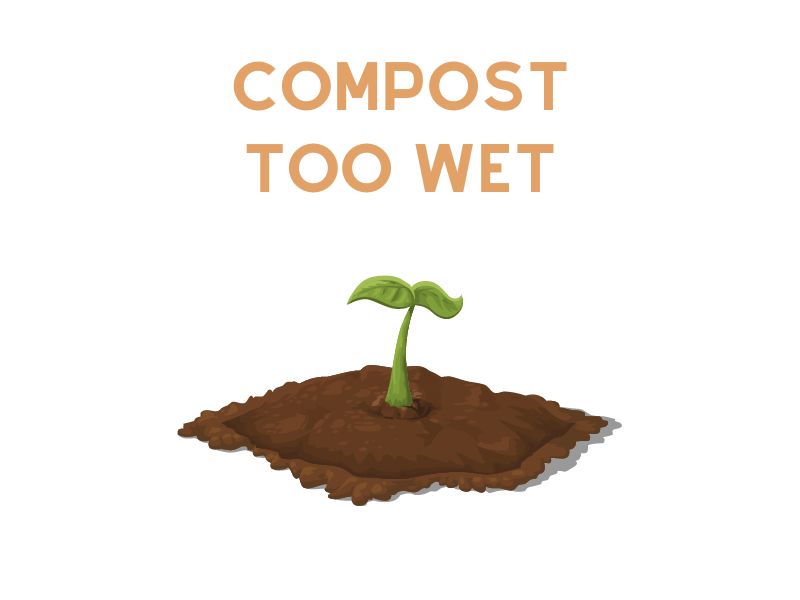
Compost Too Wet (We Have The Solution!)
Composting, one of nature’s remarkable recycling processes, plays an indispensable role in transforming organic waste into a valuable gardening asset. For gardeners and environmental enthusiasts alike, composting not only reduces the amount of waste headed to landfills but also yields a rich, earthy substance that enhances soil health, supports plant growth, and nourishes gardens. However,…
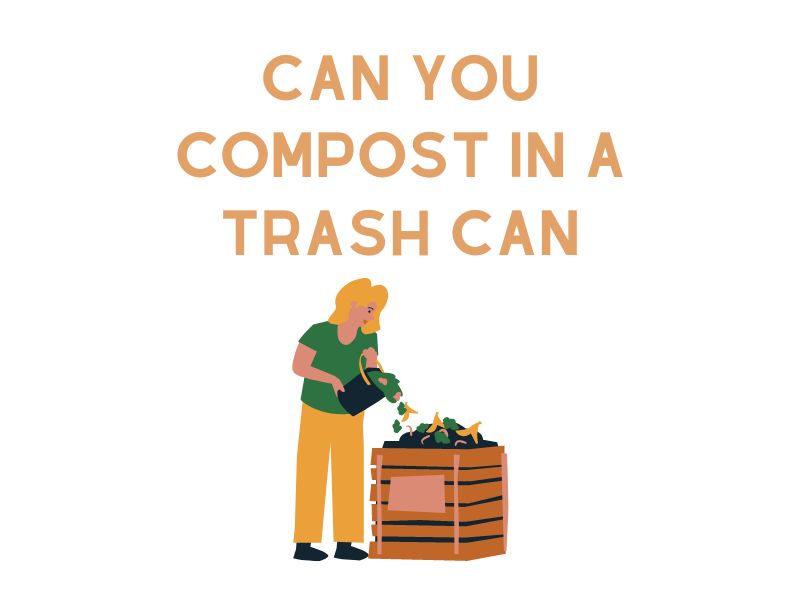
Can You Compost in a Trash Can
Composting has always been an eco-conscious individual’s ally in the quest for sustainability. By transforming organic waste into fertile, rich soil, composting not only reduces the load on landfills but also revitalizes gardens and supports the natural life cycle of organic materials. Yet, while most of us are aware of composting’s many benefits, the lack…
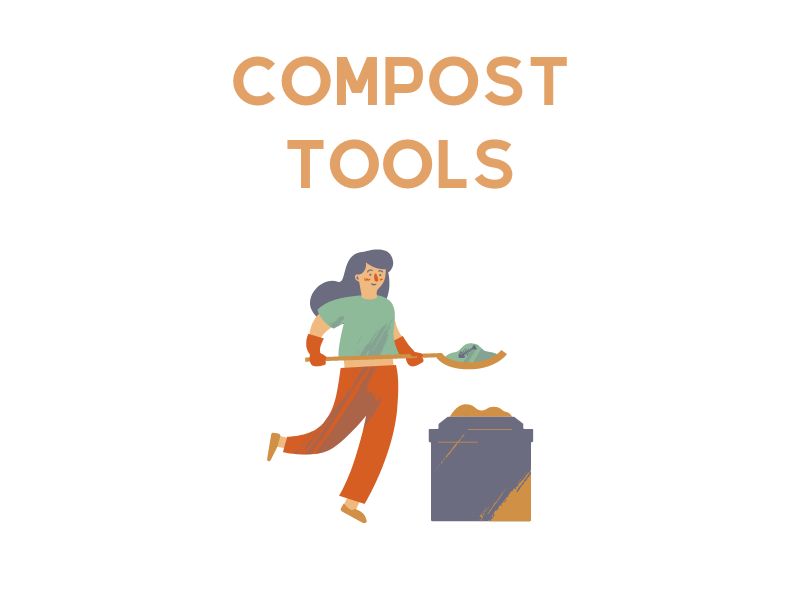
Compost Tools (The Best Gear for Home Composting)
Composting is not just a gardening task; it’s a powerful statement about living sustainably and harmoniously with our environment. At its core, composting is the art and science of transforming organic waste—like kitchen scraps and yard trimmings—into a rich, fertile substance that gardens thrive on. This process not only reduces the amount of waste sent…
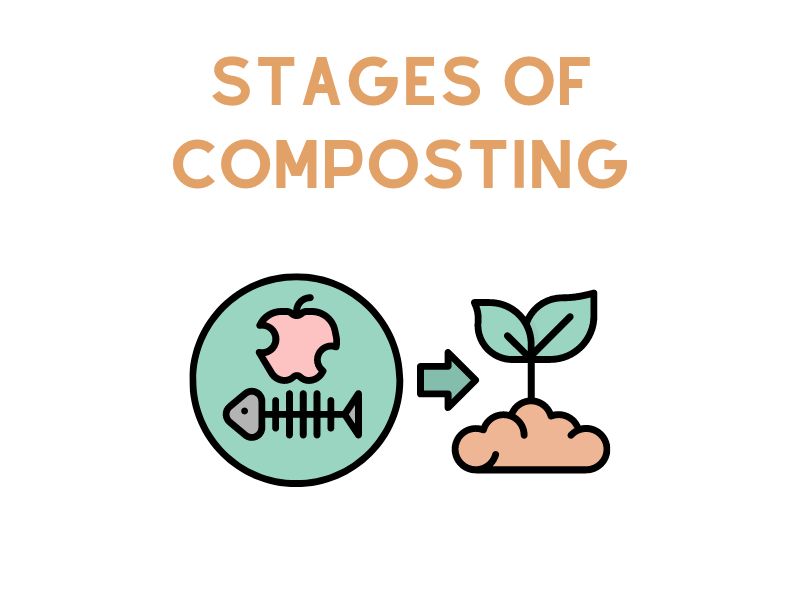
Stages Of Composting (How Composting Works)
Composting, nature’s elegant method of recycling, is an organic alchemist’s dream, seamlessly transforming raw waste into golden, nutrient-rich soil. This age-old practice offers a sustainable solution to the perennial problem of organic waste management by converting kitchen scraps and yard debris into a valuable resource for our gardens. Beyond the obvious benefits of reducing landfill…
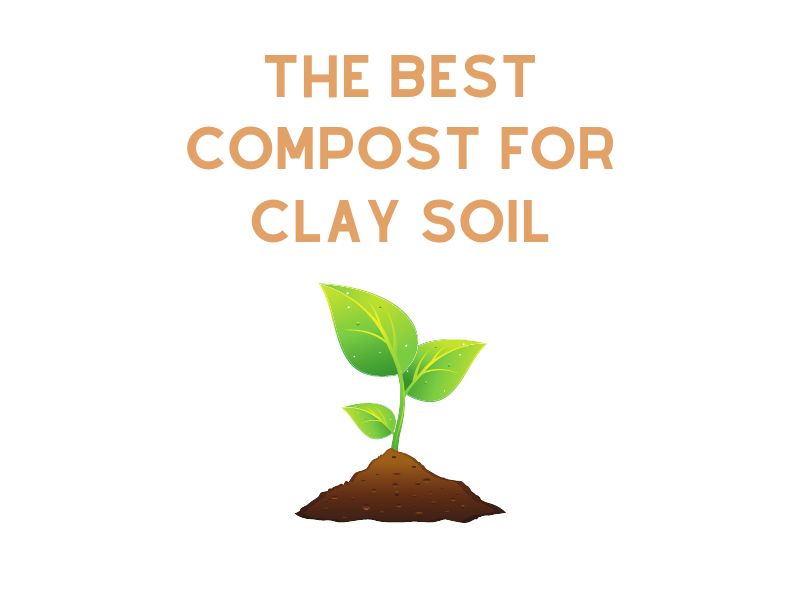
The Best Compost for Clay Soil
Gardening can be a joy, but it also presents its fair share of challenges, one of which is dealing with clay soil. Characterized by its dense, compact nature, clay soil often leaves gardeners grappling with issues ranging from poor drainage to limited plant growth. Its small, fine particles, while nutrient-rich, can become sticky when wet…
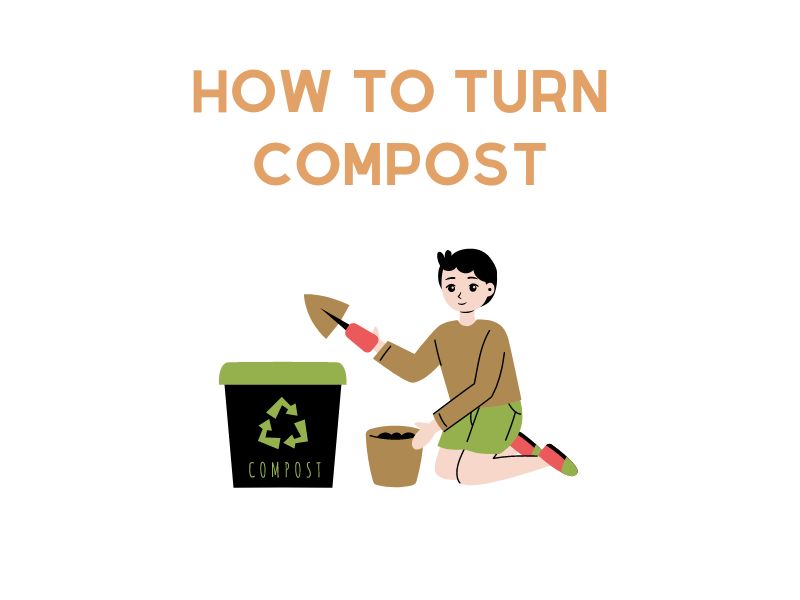
How to Turn Compost (Things You Need to Know)
Composting, often dubbed as nature’s way of recycling, is a practice that dates back thousands of years. By transforming organic waste materials into nutrient-rich compost, we not only reduce the strain on landfills but also gift our gardens with a natural fertilizer. This symbiotic relationship between humans, waste, and the earth underscores the essence of…
